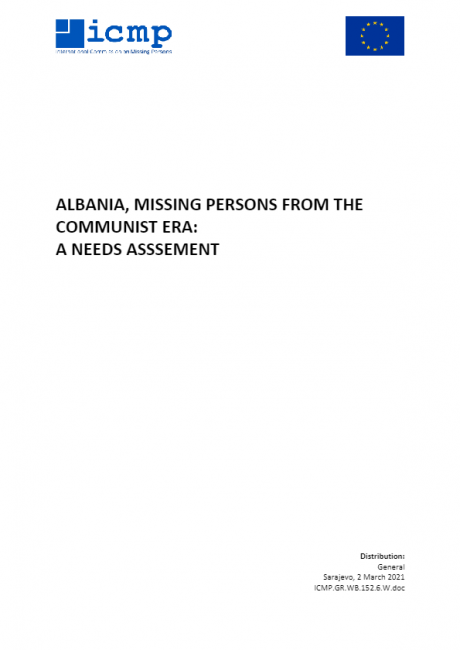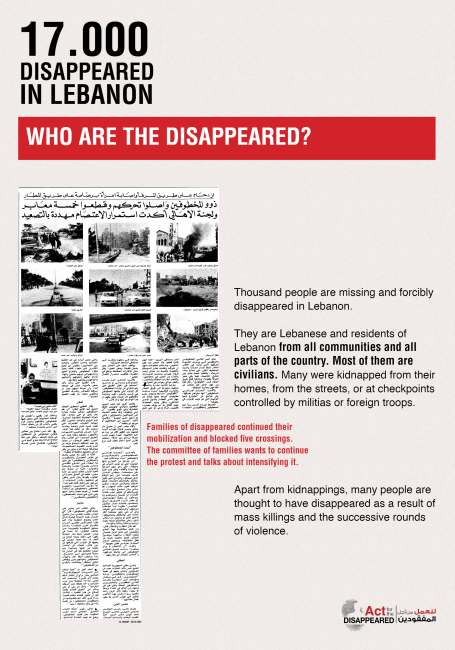
The Remains of War: Bodies, Politics, and the Search for American Soldiers Unaccounted For in Southeast Asia
The ongoing effort of the United States to account for its missing Vietnam War soldiers is unique. The United States requires the repatriation and positive identification of soldiers’ bodies to remove their names from the list of the missing. This quest for certainty in the form of the material, identified body marks a dramatic change from previous wars, in which circumstantial evidence often sufficed to account for missing casualties. In The Remains of War, Thomas M. Hawley considers why the body of the missing soldier came to assume such significance in the wake of the Vietnam War. Illuminating the relationship between the effort to account for missing troops and the political and cultural forces of the post-Vietnam era, Hawley argues that the body became the repository of the ambiguities and anxieties surrounding the U.S. involvement and defeat in Southeast Asia. Hawley combines the theoretical insights of Judith Butler, Michel Foucault, and Emmanuel Levinas with detailed research into the history of the movement to recover the remains of soldiers missing in Vietnam. He examines the practices that constitute the Defense Department’s accounting protocol: the archival research, archaeological excavation, and forensic identification of recovered remains. He considers the role of the American public and the families of missing soldiers in demanding the release of pows and encouraging the recovery of the missing; the place of the body of the Vietnam veteran within the war’s legacy; and the ways that memorials link individual bodies to the body politic. Highlighting the contradictions inherent in the recovery effort, Hawley reflects on the ethical implications of the massive endeavor of the American government and many officials in Vietnam to account for the remains of American soldiers.




